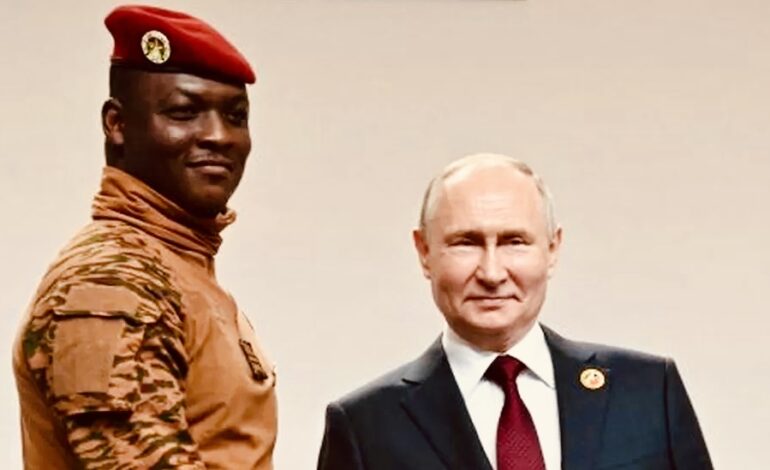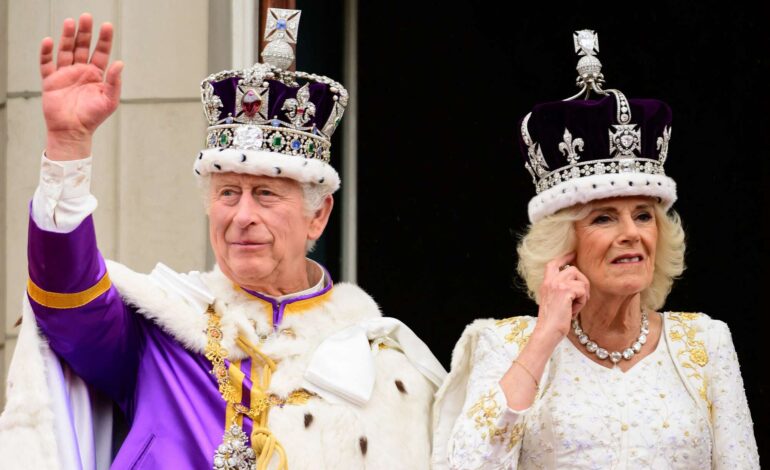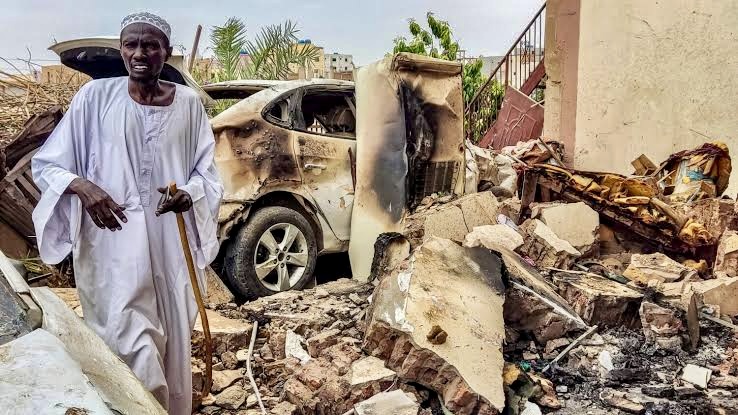
Faith Nyasuguta
Burkina Faso’s military leadership has taken a significant step by signing an agreement with Russia to construct a nuclear power plant, aimed at addressing the nation’s dire electricity supply issues.
This move aligns Burkina Faso more closely with Russia while distancing itself from Western partners with whom it has had disagreements.
With just 21% of its population connected to electricity, Burkina Faso ranks among the world’s least electrified nations. This new deal emerged from discussions between Burkina Faso’s military ruler, Capt Ibrahim Traore, and Russian President Vladimir Putin during the Russia-Africa summit in Moscow in July.
During these talks, Capt Traore sought President Putin’s support for establishing a nuclear power plant in Burkina Faso, highlighting the significance of addressing the country’s energy needs and those of neighboring nations.
He emphasized Burkina Faso’s strategic location in the heart of West Africa and the energy deficit in the sub-region.
This agreement is part of Burkina Faso’s commitment to achieving 95% electricity access for urban areas and 50% for rural areas by 2030.
Currently, the nation primarily relies on biofuels like charcoal and wood for electricity, with one-third of its energy supply coming from oil products, according to the International Energy Agency.
USAID reports that Burkina Faso also has some of the highest electricity costs in Africa.
While South Africa is currently the only African nation producing nuclear power on a commercial scale, more African countries are moving in the same direction.
Russia is involved in the construction of a nuclear power plant in Egypt, a project valued at $30 billion. A similar deal was signed with Nigeria in 2017 for power plant construction, though the project has yet to commence.
Kenya has plans to build its first nuclear power plant by 2027, although it has not yet determined its international partner.
In September of this year, Rwanda selected Canadian-German company Dual Fluid Energy to construct a nuclear reactor by 2028. The Rwandan government views this reactor as a means to meet the country’s energy demands and build resilience in the face of climate change.
Despite improvements in access to energy in sub-Saharan Africa in recent years, there remains a significant energy deficit, with over 50% of the region’s population lacking access to electricity, as noted by the United Nations Conference on Trade and Development (Unctad).
The partnership with Russia offers Burkina Faso a potential solution to its pressing energy challenges.
RELATED:




